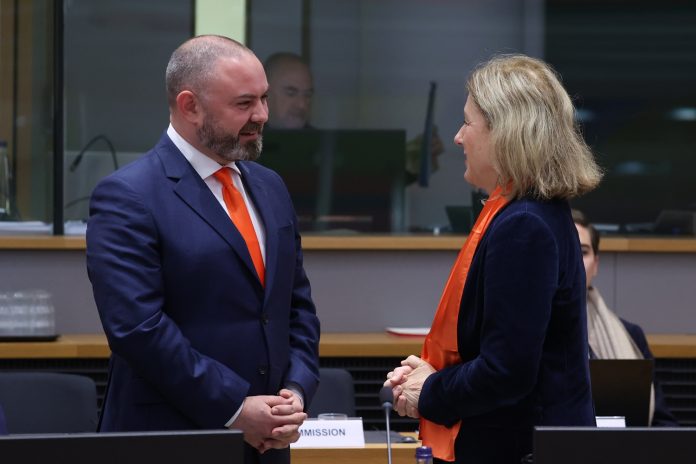During his intervention at the EU Council Meeting of Culture Ministers (ECYS) in Brussels, Minister for the National Heritage, the Arts and Local Government Owen Bonnici emphasised that it is imperative to enhance the conditions of artists and cultural professionals through a flexible approach between member states. During the meeting, they also discussed the challenges inherent to this sector, underscoring the crucial need to acknowledge the economic importance of cultural and creative industries.
While acknowledging the economic impact of cultural and creative sectors, Minister Bonnici highlighted their resilience during the pandemic and subsequent economic challenges. He emphasised that these sectors are not only important for the products and services they offer but also represent a continually growing economic factor. Also, there are various other workers who, although not artists, play crucial ancillary roles within this sector.
Recognising the complexity of the cultural workforce, Minister Bonnici noted the challenge in addressing the varied and potentially conflicting needs of different cultural professionals. He underscored the importance of granting freedom and autonomy for cultural professionals to engage in activities that reflect their unique perspectives.
Minister Bonnici also mentioned several initiatives that Malta implemented to continue strengthening the creative economy. He mentioned as an example that Malta adopted a new tax system in 2022, that of 7.5% income tax for artists, and various other funding opportunities were launched to encourage artists, producers, and promoters to achieve their artistic goals.
“As a result of these measures, the number of people employed in Malta’s cultural and creative sectors has more than doubled over the last decade and increased by 13% in a single year,” stated Minister Bonnici.
Minister Bonnici also proposed that those working in this sector should also be encouraged to join professional associations to address their needs and aspirations in the socio-economic context in which they operate.
Photo: MHAL










